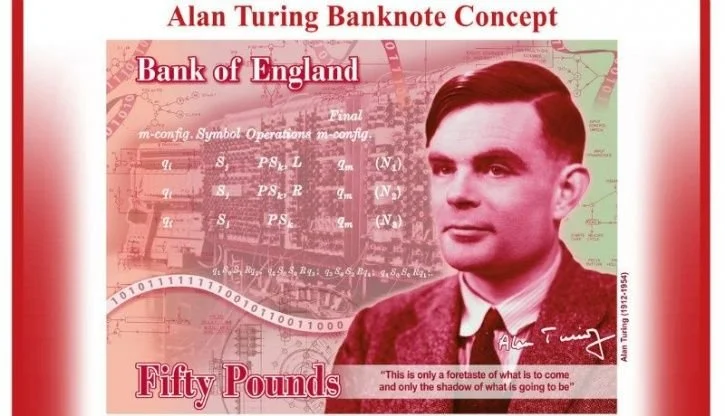Scientist of the Month: Alan Turing
In honor of Pride Month, we want to share one of the most amazing people with you, who made significant contributions to STEM and computer science: Alan Turing.
So, who was Alan Turing? Alan Turing was born in London, England, on June 23, 1912. He was a brilliant mathematician, logician, and computer scientist. He is best known as one of the pioneers of computer science and the father of artificial intelligence.
Now, let's talk about his amazing contributions to STEM and computer science.
Cryptography
During World War II, Turing worked for the British government as a codebreaker. He built a machine called the Bombe that could decipher messages encrypted by the German military's Enigma machine. This work helped the Allies win the war, saving countless lives.
Turing's work on cryptography was groundbreaking and laid the foundation for modern computer security and encryption. He believed that computers could help solve complex problems, and he was right.
The Turing Test
One of Turing's most significant contributions to computer science was the Turing Test. The Turing Test is a way to determine if a computer can exhibit intelligent behavior equivalent to or indistinguishable from that of a human.
Turing proposed the test in 1950 in his paper "Computing Machinery and Intelligence." The test has since become a cornerstone of artificial intelligence research and has been used to develop intelligent chatbots, virtual assistants, and other AI applications.
The Universal Turing Machine
In 1936, Turing proposed the concept of the universal Turing machine. A Turing machine is like a simple computer that can follow a set of instructions, called a program, to perform different tasks. Imagine a robot that can read and write symbols on a tape, and move the tape left or right. The robot can follow a set of rules, like "if the symbol on the tape is 'A', write a 'B' and move the tape to the right", and that's how it can perform calculations. It's like a very basic version of the computers we have today, but it was one of the first ideas of how a machine could mimic human intelligence.
Alan Turing's Legacy
Sadly, Alan Turing's life was cut short. He was convicted for homosexuality in 1952. He became severely depressed and committed suicide in 1954 at the age of 41.
It wasn't until 2009 that the British government formally apologized for how they treated Turing. In 2013, Queen Elizabeth II granted him a posthumous pardon for his criminal conviction. In November of 2018, the Bank of England announced it was redesigning the 50 UK Pound currency note, replacing it with the computer scientist.
Despite the tragedy of his life, Turing's contributions to STEM and computer science have had a lasting impact. His ideas and inventions continue to shape modern technology and transform the world we live in.



